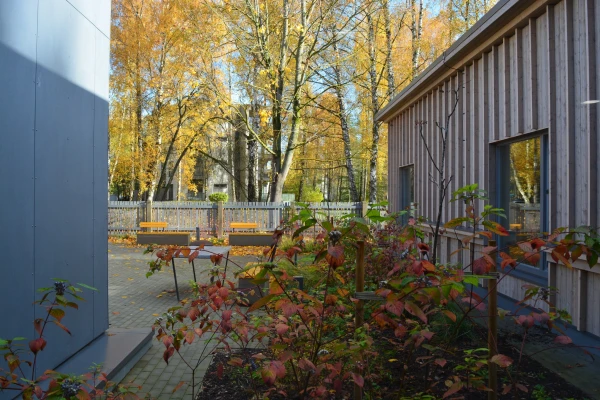
A guy, about one and a half meters tall, stocky, with a mustache, narrow eyes slanted towards his nose, firmly shakes my hand and mumbles something incomprehensible in a welcoming manner. The mood, apparently, is good. They are always like this – not for nothing are they called "sunshine people." He sits down to play with colorful chips with a skinny boy, who is occasionally distorted by a spasm.
In Zolitūde, next to socialist high-rises, we see a squat, Scandinavian-style, not even a house, but a block. At 11 Priedaines Street, a completely new day care center was established last year.
Adult Day Care
"There are no analogs to our services not only in the Baltics but also in Western Europe," said Irena Kondrate, the director of the Welfare Department.
With funding from the European Union – over 2 million euros – two buildings were constructed in Zolitūde: a day service center for 20 places and group apartments for 16 people with severe and profound intellectual disabilities. This group of people has had the least services until now. There is already a queue for this service: 26 people for the day service center, including those with severe intellectual disabilities, and 108 people for the group apartment. The new center now allows for a significant reduction in the queue for the day service center.
All these spaces, seen by your author, meet the highest standards. It feels like being in Scandinavia! Of course, it is climate-neutral – there are no heating radiators, everything runs on electricity.
"The number of clients is increasing, and all of them are more severe," noted Ms. Kondrate. Support staff is a topic of chronic shortage... Therefore, as the Welfare Department hopes, by 2026, funding for care in Riga will increase by more than 8 million euros.
The chairwoman of the Social Committee of the City Council, Inese Andersone ("New Unity"), expressed hope at a meeting, which the deputies decided to hold in the compact hall of the "day care center" on Priedaines Street, that salaries for care workers would also be raised.
"The social sector deals with what others have produced"
This was stated by the director of the Welfare Department, I. Kondrate. "The situation in healthcare is not quite acceptable." People who are unable to care for themselves are in hospitals – but not permanently, and at times they remain under the care of relatives.

The girls' room. Photo by the author.
"Currently, we are preparing a negotiation package with the Ministry of Health, and we are close to a result," said the head of the Department. A state-funded medical program will be implemented in nursing homes. "The number of people over 80 has doubled, but not all of them are vigorous and healthy," said deputy and doctor Romualdas Rajuukas.
Recently, Ms. Kondrate reported, the number of parents sending their children to care centers using issued vouchers is also increasing.
Martiņš Moors, head of the Riga Social Service, stated that the city provides funding, and families need to contact social workers to establish contact.
Assessing the needs of a specific client, says M. Moors, can take 1 hour in person. Another matter is determining the financial level and issuing a specific amount. "A month is the maximum after which a person will receive assistance... But there are also critical cases where minimal assistance is provided immediately."
The head of the Council Committee, Andersone, suggested making the "panic button" for lonely elderly people more accessible, which would allow them to call for an ambulance.
Deputy Andrei Klementyev admitted that "doctors want to get rid of patients quickly," and this trend may intensify in the future.
"Riga lacks care beds," said I. Kondrate. "This is a matter of money, unfortunately. We have involved the Ministry of Welfare in negotiations... There is no turning back.
"In the 90s, parents united"
Martiņš Moors spoke about the origins of mutual assistance for people with mental health issues. From this, the "Latvian Movement for Independent Living" eventually grew. Occupational therapists began working in Riga, allowing people with disabilities to learn to care for themselves through simple actions. And thus, a modern, designer space in Zolitūde has emerged. Now the establishment is among the top ten in Europe!
In Riga, by 2025, there will be 144 places in group apartments (funding – 1.9 million euros), 345 in day care centers (2.8 million euros). Another 58 people are engaged in specialized workshops, for example, making candles. "But the number of places is always less than the number of clients," admitted M. Moors.
He believes that long-term underfunding of healthcare also shifts the burden onto the families of the sick and local governments. "Someone always pays... We save people from dying, but we do not allow them to truly live. Such is our system, unfortunately."
Riga also has an institute of "social assistants" – a professional assists the mentally ill at their place of residence. A pressing issue is the lack of available housing adapted for wheelchair users.
They will help as much as they can
Currently, Riga is considering building a duplicate house similar to Zolitūde at 19 Spilves Street. By 2027, they plan to accommodate people with autism disorders there. At 37 Burtnieku Street, a settlement of group apartments for people with mental disorders will be created by 2028. A new specialized workshop will be established at 189 Latgales Street, and a day care center at 1 Pernavas Street, with EU funding.

Latvian and Belgian social workers. Photo by the author._
Riga has also adopted co-financing from the city for the construction of lifts for the disabled at their place of residence. The cost of the voucher is 10,000 euros, and the lift becomes part of the apartment property. "We need not only to build but also to expand the range of services," said M. Moors. "Individual vouchers will provide an opportunity to find a solution."
Although, of course, it will not do without financial participation from the clients' relatives and close ones. But, unfortunately, the number of vacancies in such centers still lags behind the number of disabled individuals. And those who have cared for their loved ones for years are prone to their own burnout...
MODE
In the care center in Zolitūde, people are accepted from 8 AM to 5 PM. 20 people are served by Riga, and the state is also involved; co-financing for meals is provided for low-income individuals. Inquiries can be made by phone at 26176901.

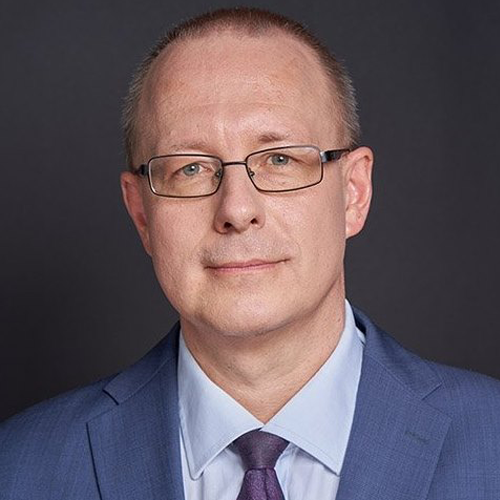

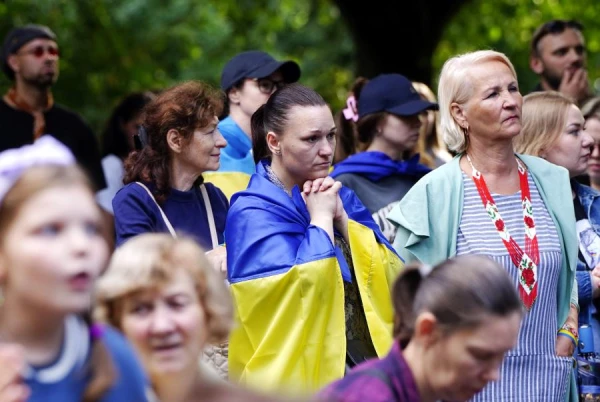


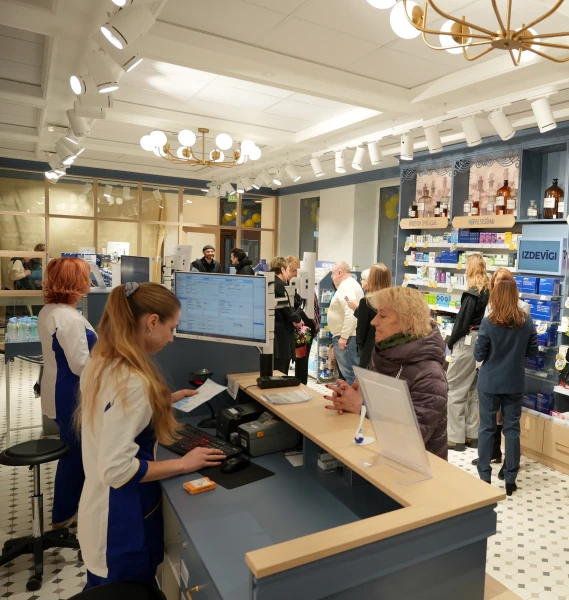
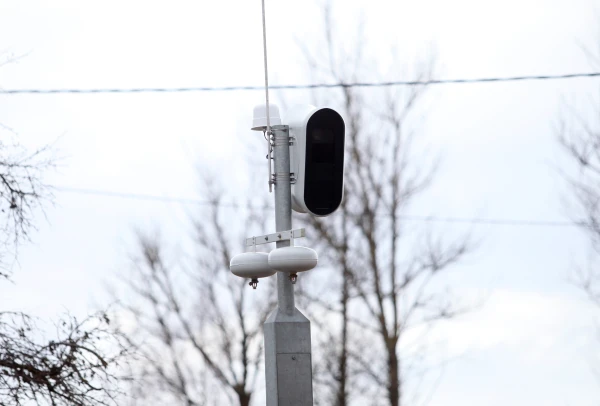
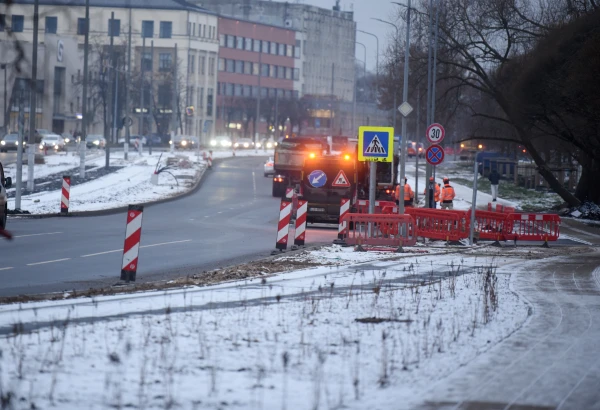
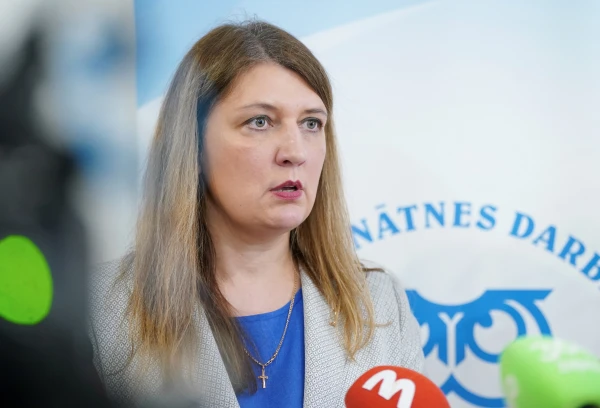


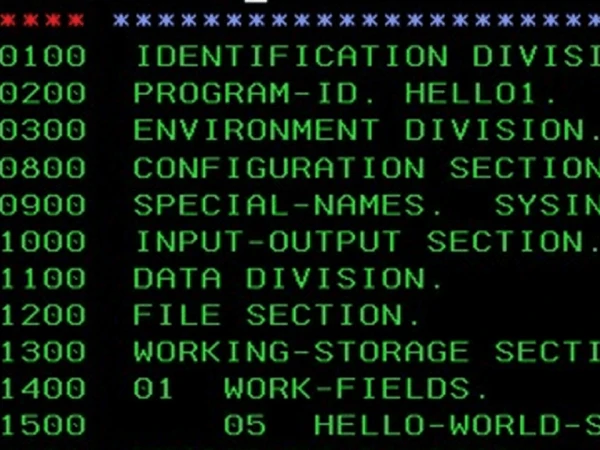

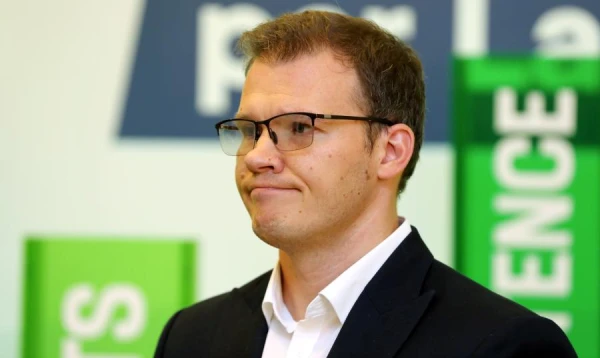

Leave a comment